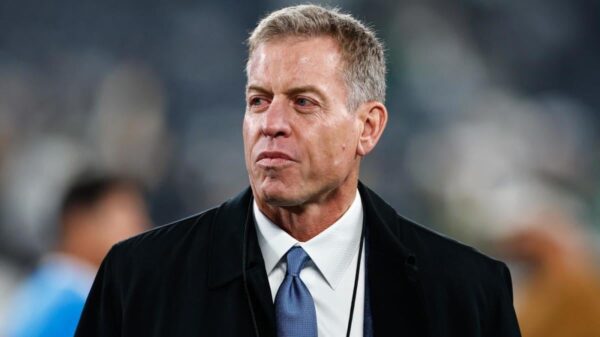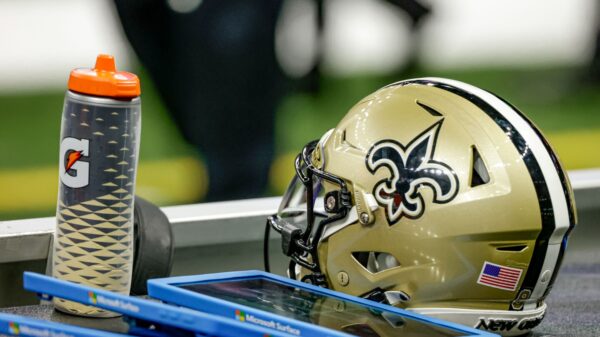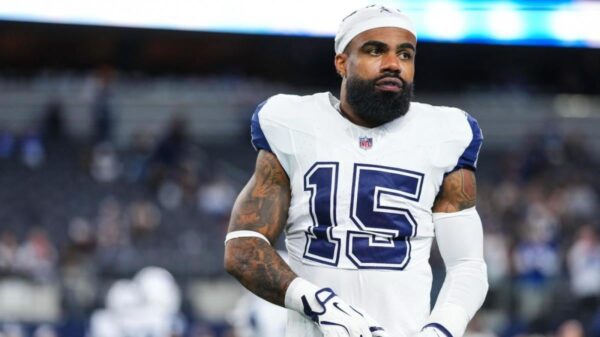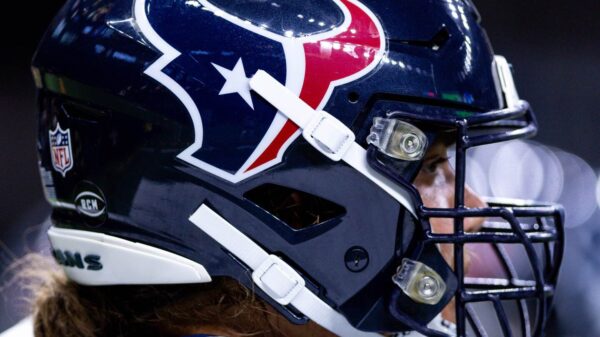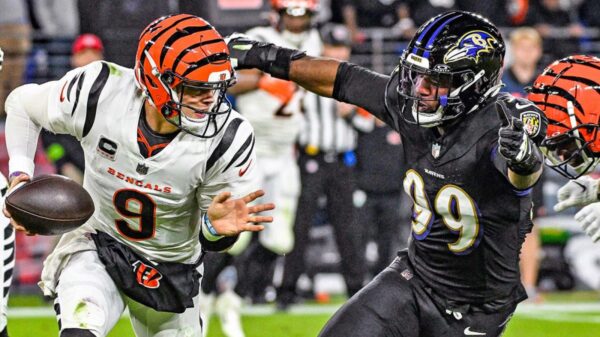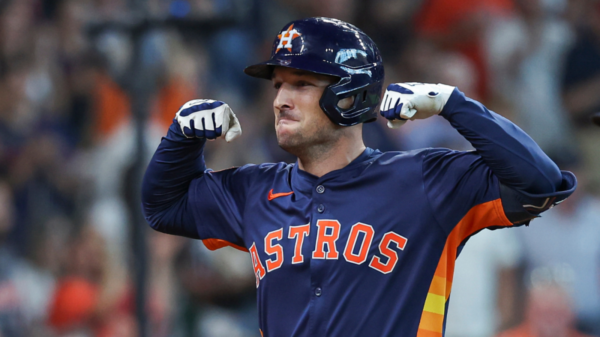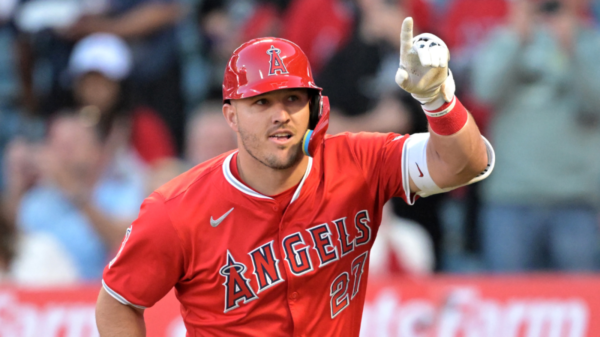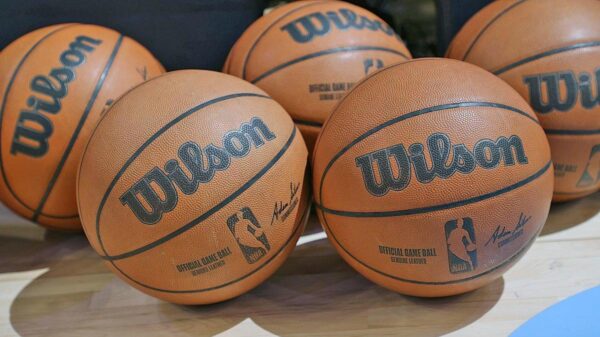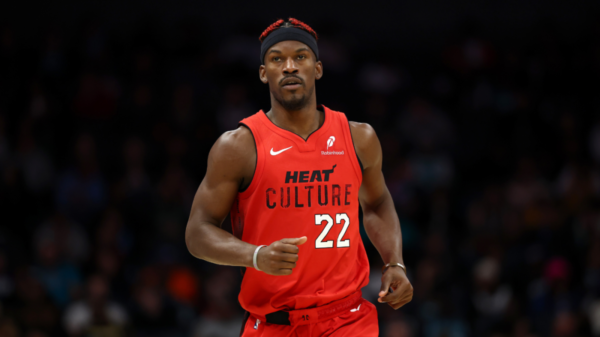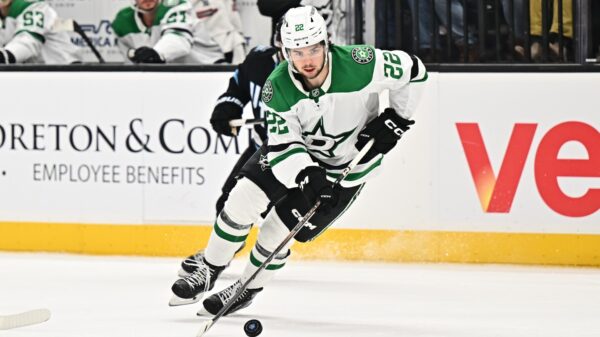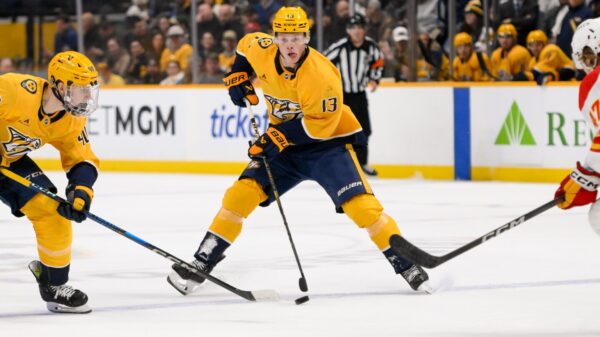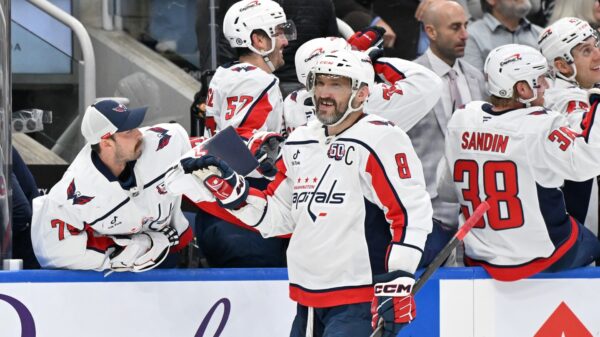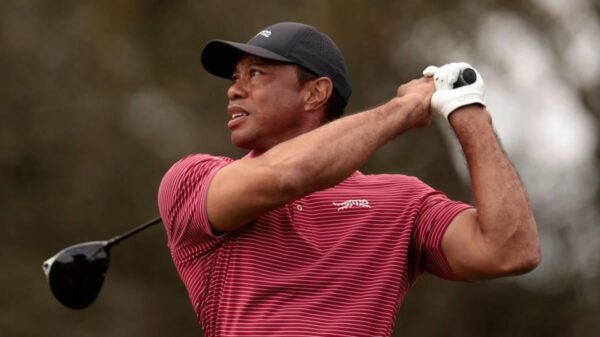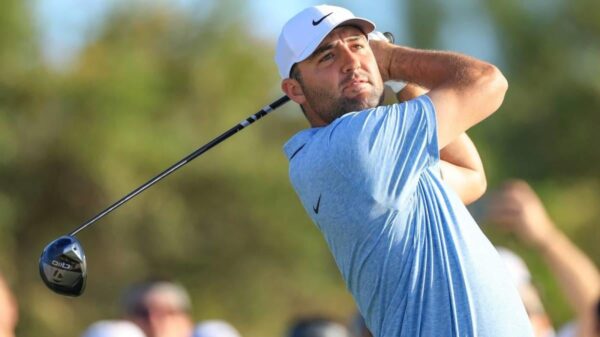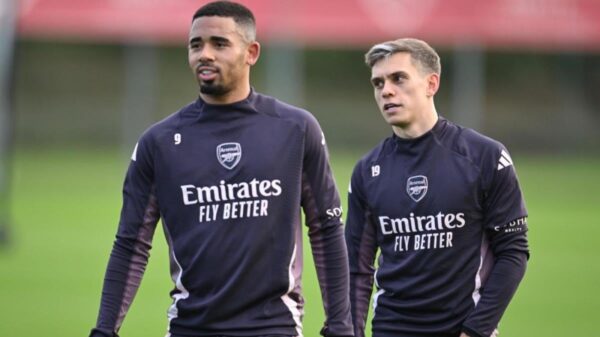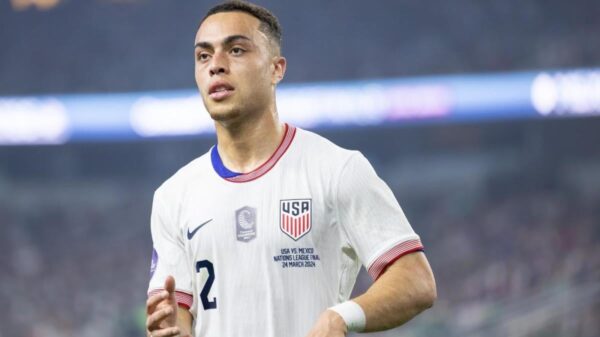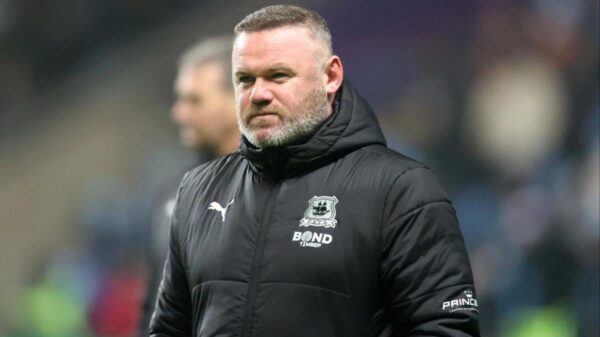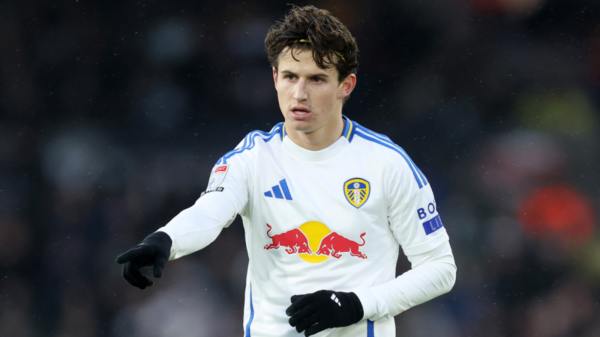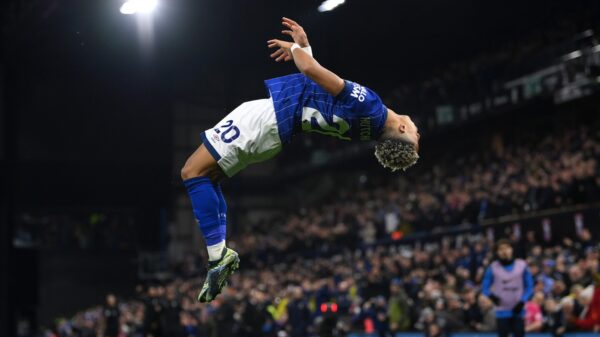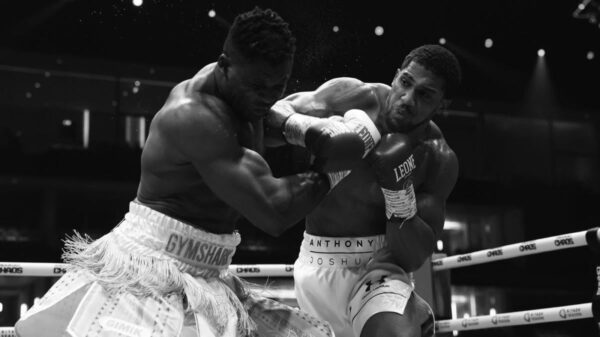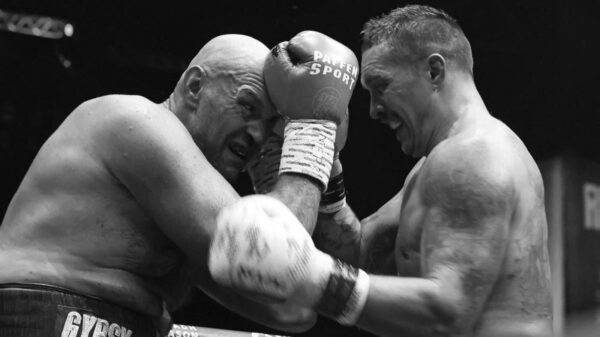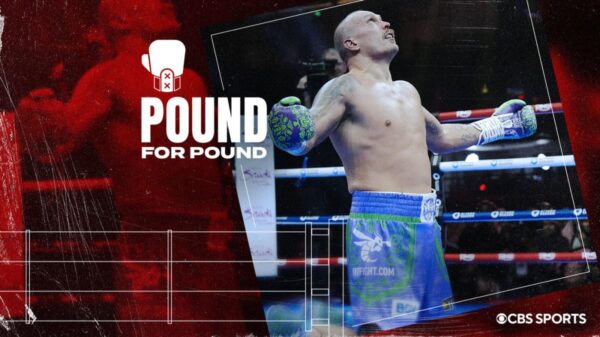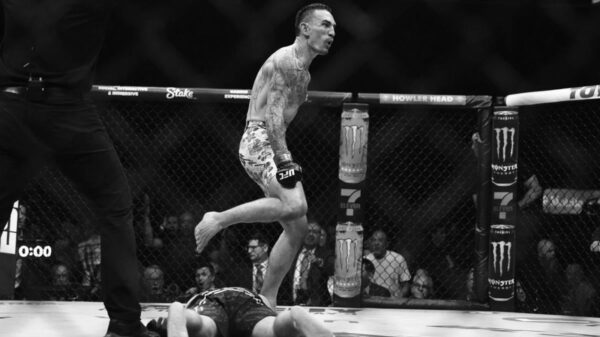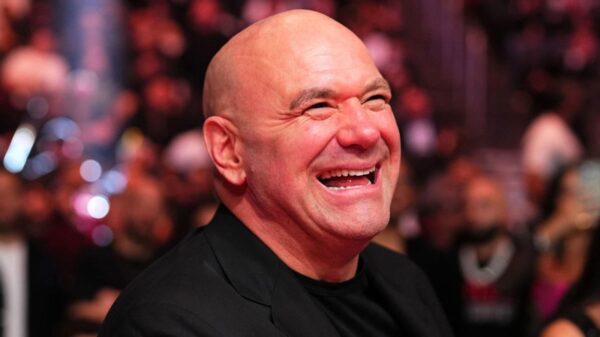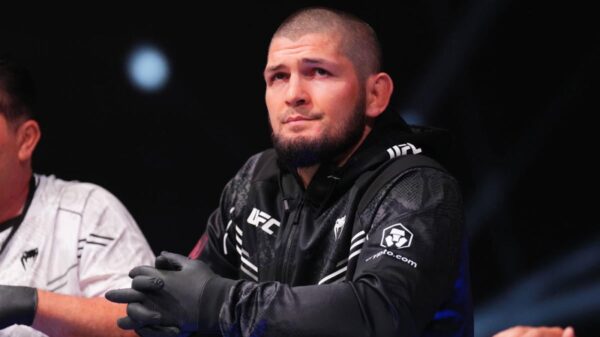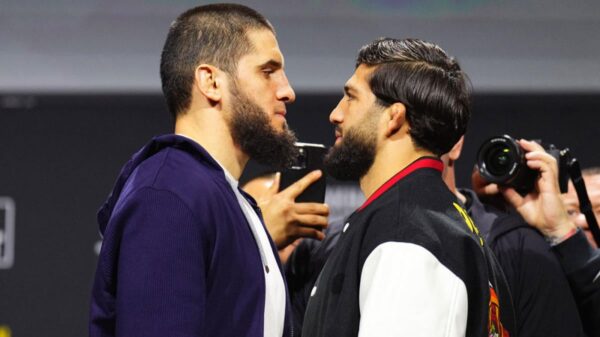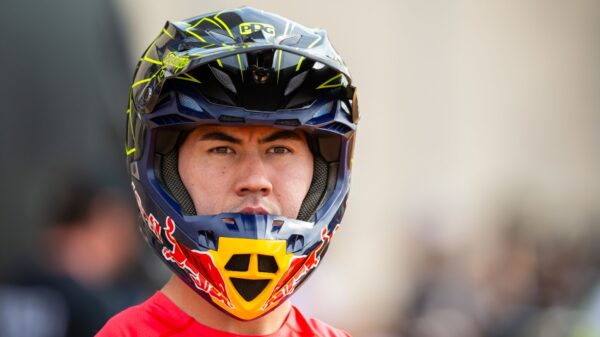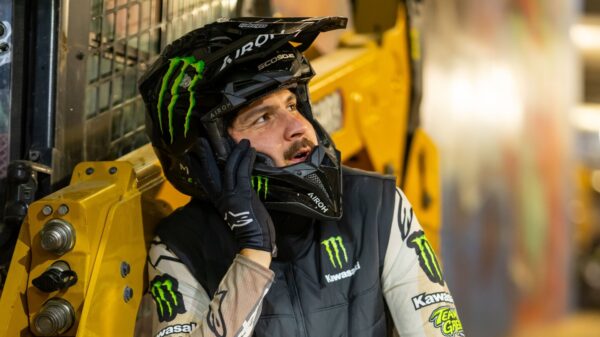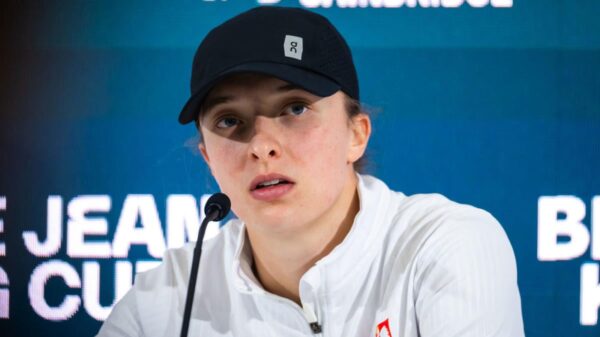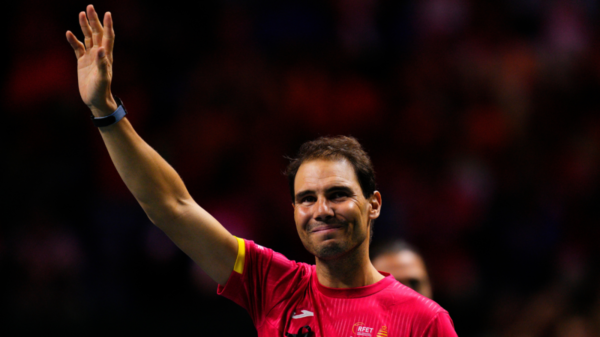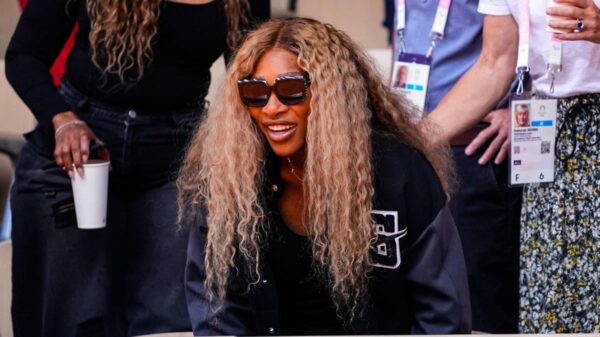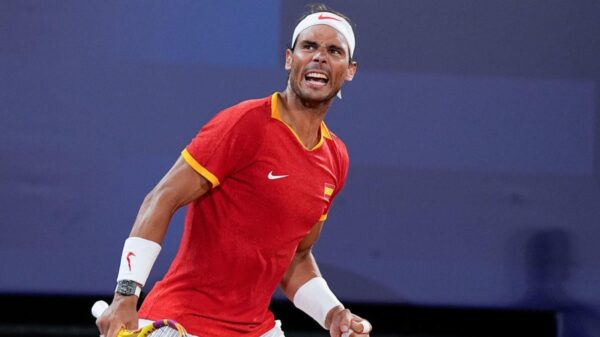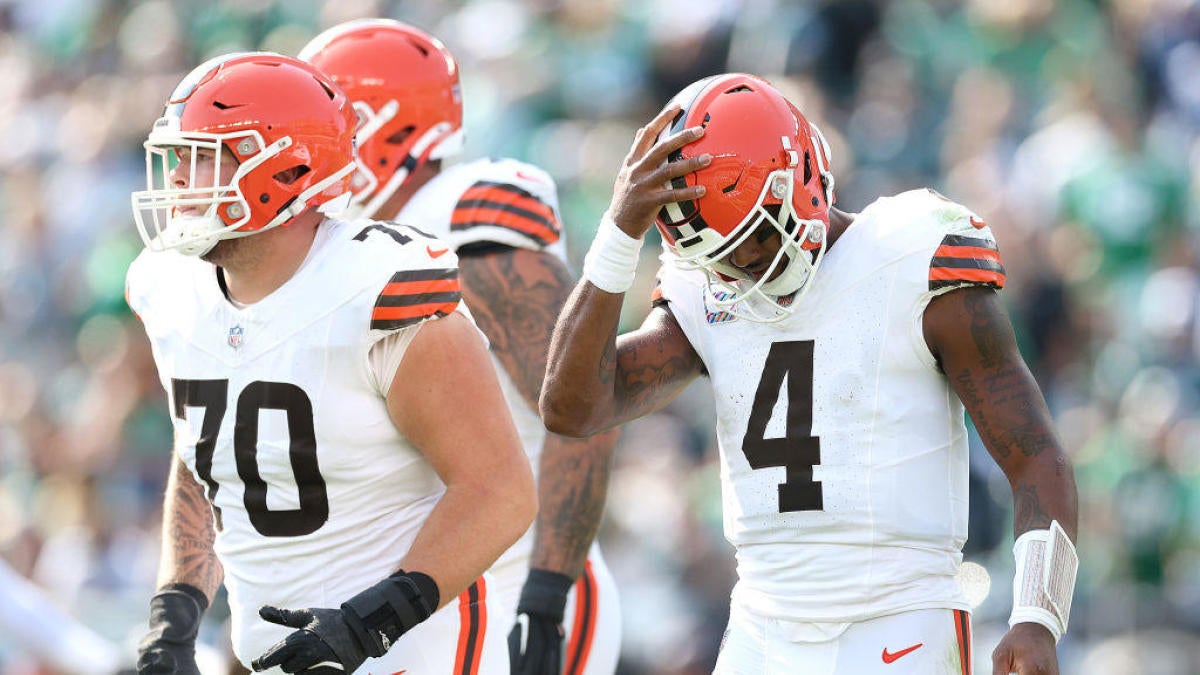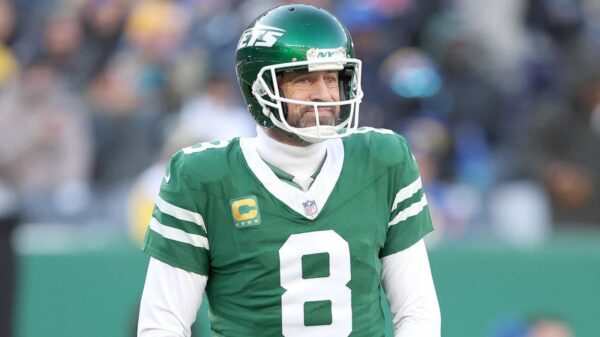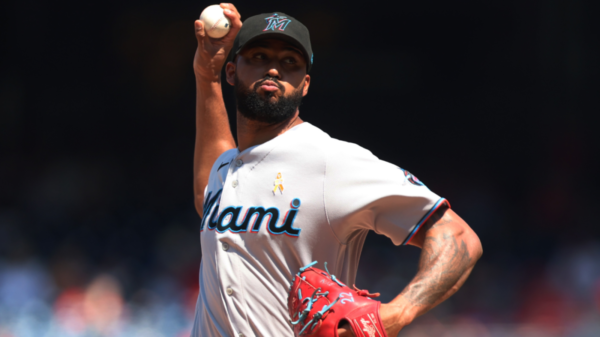Deshaun Watson is no longer the only quarterback with an ugly, unjustifiably expensive contract in today’s NFL. Sure, his deal remains the “gold standard” for outrageous deals, but as we’re getting past the early stages of the 2024 season, a few other quarterback contracts are looking worse and worse.
Let’s rank those contracts right now.
Fully guaranteed: $93.1M
2024 cap hit: $17.1M
2025 cap hit: $23.5M
First year can be cut for cap savings: After 2025
There have been vintage Rodgersian moments in 2024 with the Jets, even in the 2-3 start. Those instances have been outweighed by snaps when his age and Achilles injury have shown. Rodgers entered Week 6 with the 26th-highest passer rating in football out of 38 qualifiers.
Now, to the dollars and cents. His 2024 cap hit is a relative steal. And all things considered, so is the 2025 cap hit. Yet, the void years are already built into this deal, and they begin after next season, meaning the Jets will absorb a $35 million dead cap hit in 2026. Not ideal. Of course, if Rodgers’ play rebounds, the Jets will gladly eat that $36 million in 2026. With the magnitude of quarterback deals in the past decade, other clubs have taken on similar dead cap hits for past passers. It hasn’t totally cash-strapped the Jets, yet the only way the optics of this deal improve is, rather obviously, if Rodgers plays more efficient football over the next year and a half.
Fully guaranteed: $93.1M
2024 cap hit: $47.8M
2025 cap hit: $41.6M
First year can be cut for cap savings: After 2024
Another prime-time game, another flop for Jones. The Bengals have had strong defenses over the past few years with Lou Anarumo running that unit, but during the first five games of 2024, Cincinnati ranked 30th in EPA allowed per play on that side of the ball. Even if Jones has stretches of respectable play — like from Week 2 to Week 5, when he threw six touchdowns to just one interception — it seems fairly obvious Jones is not the long-term answer at the game’s most vital position for the Giants.
Jones’ nearly $50 million cap hit this year is hardly money well spent. And the 2025 dip to just under $42 million helps. If they part with Jones after this season, and the release is of the classic, pre-June 1 variety, he’ll represent a $22 million dead cap hit, and they’ll have a little more than $19 million. In this day and age, that’s workable. That’s the main reason he lands at No. 6 on this list.
Fully guaranteed: $93.1M
2024 cap hit: $1.1M
2025 cap hit: $39.4M
First year can be cut for cap savings: After 2025
When Tagovailoa is healthy, and it’s the regular season, he’s one of the most efficient passers in the NFL. We know this. And the sample is reasonably large by NFL standards. He led the league with a 105.5 quarterback rating in 2022 — although he did miss four games to injury — then had the most passing yards in football a season ago (4,624).
Being healthy is the operative phrase with Tagovailoa. And Miami signed him to this four-year extension fully understanding one more concussion very well could end Tagovailoa’s career. He reportedly wants to play again this season if/when he’s medically cleared, which is his prerogative. What happens when he’s back on the field again? A reminder here — Tagovailoa has an “extra” $74 million that is currently guaranteed for injury only from the 2026 and 2027 portions of the deal. If Tagovailoa is concussed again, and the appointed independent doctor declares he can no longer play football — which feels distinctly possible now — the Dolphins will be on the hook for that $74 million.
That’s part of why Tagovailoa makes this list. While, in his absence, we’re realizing how exquisite of a fit he is in Mike McDaniel’s offense, but even as the Dolphins offense hummed for most of the 2022 and 2023 seasons, his athletic and arm-strength limitations hampered Miami in the most crucial games.
Fully guaranteed: $60M
2024 cap hit: $12.6M
2025 cap hit: $51.4M
First year can be cut for cap savings: After 2024
That fully guaranteed total is very reasonable. And the Saints could technically save money if Carr is off the roster before the 2025 season, yet the savings would minuscule — only $1.3 million with a corresponding $50.1 million dead cap hit. In short, absent juggling the financial books, which isn’t unfamiliar to the Saints front office, Carr probably stays on the roster at least another year. Before 2026, if the contract stays intact as is, Carr’s release would save New Orleans $28.6 million and he’d net the club $32.7 million.
And that $51.4 million cap hit isn’t chump change. There are already three void years on Carr’s deal, so there’s minimal wiggle room for the club known for its propensity to kick the can down the road. Technically, New Orleans could restructure, yet it would just add more dead cap long after Carr is either on another roster or retired. Not exactly sound accounting practices.
Now, there’s an argument to be made that not too long ago Carr was playing football that justified his current deal. Yet, given what we know now about the Panthers and Cowboys’ defenses, those Week 1 and Week 2 shred sessions from Carr aren’t as impressive as originally thought. He’ll be 34 next March. At this stage, we know what type of quarterback Carr is. His deal isn’t dreadful because of the short-term-ish exit possibility. But it’s not anywhere close to a bargain.
Fully guaranteed: $146M
2024 cap hit: $15M
2025 cap hit: $17M
First year can be cut for cap savings: after 2027
There’s more plaguing the Jaguars than just Lawrence. But as a former No. 1 overall pick with a newly minted five-year contract extension, he needs to be playing much better football than what he’s shown to date in 2024. While I don’t view EPA per play as an individual player stat — it’s a unit metric — Jacksonville cannot be dead last in EPA per drop back on offense with Lawrence as the quarterback.
That’s where Jacksonville is right now, and by a wide margin. Financially, Lawrence’s deal doesn’t feature expensive cap hits over the next few years, which is the only element keeping Lawrence from the No. 2 spot. His cap hit doesn’t even exceed $40 million until 2028. After that season, his cap hit balloons to $78 million, and heck, that could be the going rate for a franchise-level quarterback by then. If Lawrence doesn’t ever play to that level, the Jaguars can then release him with a “mere” $21 million dead cap hit with $57.5 million cap savings. Lawrence also stays out of the No. 2 spot because of his age. He just turned 25 years old, so theoretically, there’s ample time for him to rebound to playing quality football.
Fully guaranteed: $129M
2024 cap hit: $44.6M
2025 cap hit: $89.9M
First year can be cut for cap savings: after 2025
Want a prime example of how rapidly things — like opinions and perceptions of a player — can change in the NFL? Look no further than Prescott, his contract and the Cowboys. It was fewer than three months ago that Prescott was somewhat of a sympathetic character. We all wondered why Dallas wasn’t offering him a sizable contract commensurate with his MVP-candidate play in 2023, when he tossed a league-high 36 touchdowns to just nine picks at a career-high 69.5% completion rate and a 105.9 rating.
Now, it feels like after another beatdown at home, the buyer’s remorse may be setting in for the Cowboys.
After 2025, they’d save $6.6 million with a gargantuan $61 million dead cap hit if Prescott’s cut. That essentially means he has to be Dallas’ starter through 2026. After that campaign, they’d save $28.3 million and incur a $33 million dead cap hit without him on the roster. And, given that otherworldly simply unfeasible cap hit of nearly $90 million next year, it’s all but officially guaranteed the Cowboys restructure Prescott’s contract before next season, thereby pushing more money into the future. The sedentary offseason from Jerry Jones and Co. hasn’t seemed to be help the offense, but CeeDee Lamb emerged as an elite-level receiver in 2023, and there’s recently been serious draft investment in the offensive line.
I have faith in Prescott eventually playing as an effective quarterback, but this deal comes in at No. 2 because of Prescott’s age — he’s 31 — and expensive structure that features a cap hit that will eat 30% of the Cowboys cap next season or lead to sizable dead-cap hits well into the future.
Fully guaranteed: $230M
2024 cap hit: $27.9M
2025 cap hit: $72.9M
First year can be cut for cap savings: N/A
Watson’s deal will continue to be the worst contract in all of football until he’s no longer on the Browns. And I don’t even know when that can/will be. The duration of the deal features no easy exits, and when it voids after the 2026 season, the Browns will take on nearly a $27 million dead cap hit with exactly zero dollars in savings.
And I’m fascinated to see what Cleveland decides to do with that nearly $73 million cap hit for Watson next year. Do the Browns leave it alone, or restructure — thereby lessening the hit at the price of more money pushed into the future? At this point, anything tying Cleveland to Watson for any more time than it needs to seems like a complete nonstarter.
Watson is averaging a league-low 5.1 yards per attempt after Week 6 and has been sacked 11 times more than the second-most sacked quarterback in football. Essentially, whichever angle Watson is analyzed from, he’s playing like the worst quarterback in the NFL. Of course, too, the fully guaranteed nature of Watson’s deal is a large part of why he’s at No. 1 on this list.
Read the full article here

